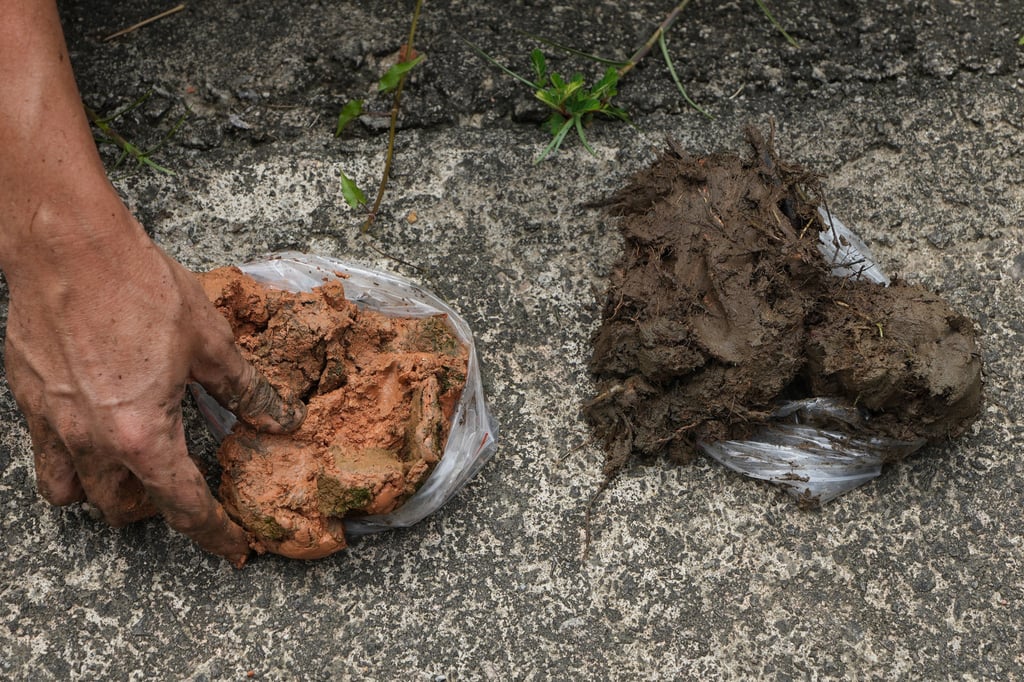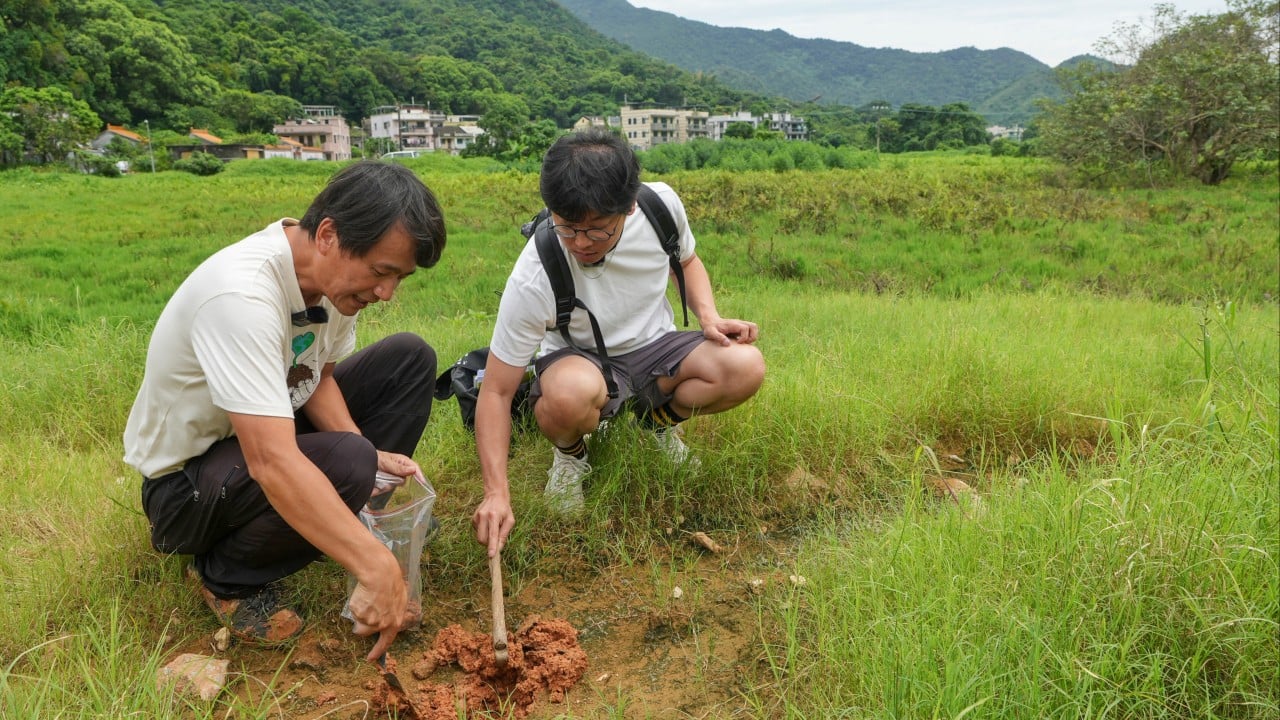Two Hong Kong NGOs have called on authorities to protect about 340 hectares (840 acres) of good-quality farmland in an area that falls under the Northern Metropolis mega project to help foster urban-rural symbiosis and boost the local food supply.
According to a nine-month study from Kadoorie Farm and Botanic Garden, the Liber Research Community and four other green groups, Hong Kong has 187 hectares of active arable land and another 265 hectares of idle farmland.
The paper also found that 75 per cent of the land was good quality, with the two NGOs urging the government to conserve such sites.
Yip Tsz-lam, manager of Kadoorie Farm’s regenerative agriculture department, said: “The study can act as a reference for the government to establish an agricultural priority area.”
Then Hong Kong leader Leung Chun-ying first floated the idea of designated agricultural priority areas in his 2016 policy address, with the proposal aiming to develop local farming, optimise land use and provide the public with an alternative source of quality local fresh produce.
Yip said the NGOs had assessed the quality of farmland using scientific methods such as checking topsoil depths, noting excellent land should have a depth of at least 20cm.
He noted that one good-quality site in Sheung Shui identified by the study had a topsoil thickness of 40cm.
But Yip said Hong Kong farmland data lagged behind other places, with some of the plots cited in the study at risk of deterioration due to the development of nearby brownfield sites.
He pointed to a visit site by researchers in Sha Tau Kok in July that discovered the soil had been damaged by fly-tipping activities, which refers to the illegal depositing of construction and demolition materials
“We observed the soil of the affected farmland had turned yellow, which showed the quality of it had deteriorated and might not be suitable for farming,” he said, adding good quality soil usually had a darker colour.
The NGOs said the farmland had yet to be restored to its original condition despite the Planning Department issuing a notice requesting local stakeholders to do so last year.
The department said on Wednesday that it had initiated prosecution against the relevant stakeholders that ignored the restoration order.
Yip also urged authorities to consider turning large and complete farmlands totalling about 340 hectares and located in areas such as Sheung Shui, Fanling and Ta Kwu Ling into agricultural priority areas.

The locations fall within the proposed site of the Northern Metropolis, which aims to turn 30,000 hectares of land in the New Territories into a housing and economic powerhouse.
“If we try to conserve the farmland now, we still stand a chance to save them,” Yip said, adding the move would help to ensure a better balance between the city’s urban and rural spaces.
The move could also provide more job opportunities for local farmers and increase the supply of locally grown fruits and vegetables, he said.
Liber Research Community, meanwhile, said polluted farmland soil was largely the result of brownfield operations, with authorities taking a loose approach to enforcing the relevant regulations.
“It was observed that some of the farmland in New Territories have been turned into brownfield sites due to fly-tipping activities,” group founder Chan Kim-ching said.
Chan said the longer a piece of land was used as a brownfield site, the more long-lasting the damage was likely to be.
In 2018, the government launched a consultancy study on agricultural priority areas that was initially expected to be completed in 2022.
The Audit Commission later said the study had been delayed for about two years and would be finished in 2024.
The commission has urged the relevant departments to closely monitor the progress of the consultant’s study of agricultural priority areas to ensure the paper was completed on time.
The Agriculture, Fisheries and Conservation Department said authorities planned to consult stakeholders on the recommendations of the study on agricultural priority areas by the end of this year.
The Development Bureau, meanwhile, said it would not blindly retrieve active farmland for development even if the Northern Metropolis project might affect current land users.


